Though undertreated by modern scholars, Martin Luther's lectures on Deuteronomy are critical to understanding his theological development as an exegete and also the course of the Reformation in the wake of Luther's return from the Wartburg in 1522. In these lectures, Luther engages deeply with Moses, whom he sees as an author, prophet, and ruler. These three ways of regarding Moses allow Luther to forge a new approach to the Mosaic law, shaping his response to what he perceives as the evangelical legalism of Andreas Karlstadt and Thomas Müntzer. By shedding light on these exegetical principles and connecting these lectures to surrounding events, Miles Hopgood brings new clarity as to why Luther broke with Karlstadt and the nature of his dispute with Müntzer, demonstrates the importance of the Hebrew Bible in shaping Luther's mature exegesis, and opens the door for fresh perspectives not only on the events of 1521-1525 but Luther's entire career as interpreter of scripture.
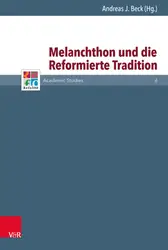
Melanchthon und die Reformierte Tradition
book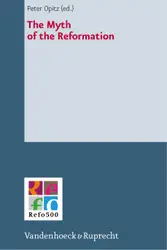
The Myth of the Reformation
book
Calvin and Luther: The Continuing Relationship
book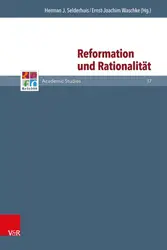
Reformation und Rationalität
book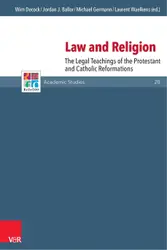
Law and Religion : The Legal Teachings of the Protestant and Catholic Reformations
book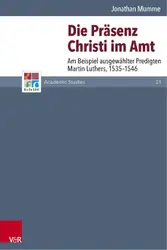
Die Präsenz Christi im Amt : Am Beispiel ausgewählter Predigten Martin Luthers, 1535–1546
Jonathan Mumme
book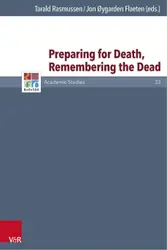
Preparing for Death, Remembering the Dead
book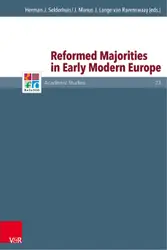
Reformed Majorities in Early Modern Europe
book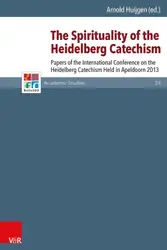
The Spirituality of the Heidelberg Catechism : Papers of the International Conference on the Heidelberg Catechism Held in Apeldoorn 2013
book
Latomus and Luther : The Debate: Is every Good Deed a Sin?
Anna Vind
book
Underground Protestantism in Sixteenth Century Spain : A Much Ignored Side of Spanish History
Frances Luttikhuizen
book
Lutheran Theology and the shaping of society: The Danish Monarchy as Example : The Danish Monarchy as Example
book

